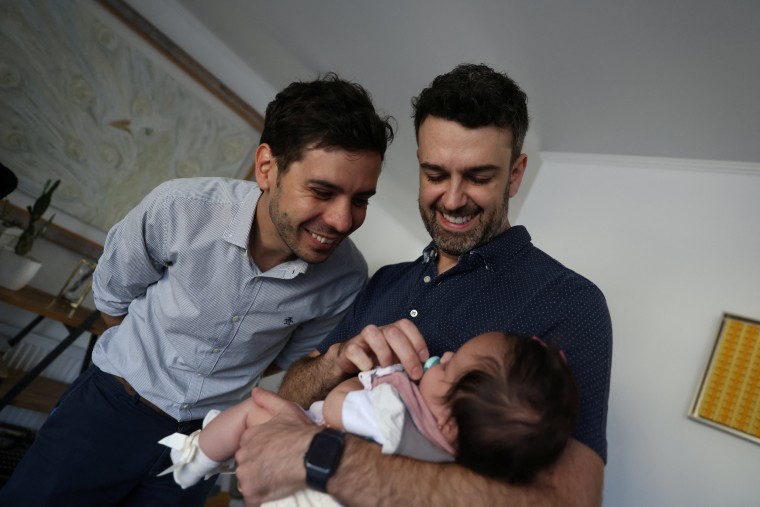Woman who fled to the US in search of a better life is sixth trans person killed in US in 2022
A woman who fled Honduras to Texas in search of a better life has become the sixth trans person killed in the US in 2022.
Paloma Vázquez, a spirited activist who sought refuge from transphobic violence, herself became the latest victim of what experts have described as an “epidemic of violence”.
The 29-year-old with big dreams of a life without fear was shot to death in her southwest Houston Apartment on Dunlap and Clarewood street on 26 February.
According to the Houston Police Department, the door to the property was unlocked with no signs of forced entry when officers arrived at around 8pm. She was discovered by her boyfriend and appeared to have been deceased since the morning.
Vázquez had emigrated to Texas some six months ago, her friends recalled in conversations with ABC 13. She was “very excited about decorating,” one recalled, having only recently moved into her new apartment.
“As most trans women who are here from Latin America, they are here because they are scared of being killed in their own country,” the friend, Gia Pacheco, said.
“Whenever a trans person is killed, they are killed because they are trans.”
According to Sin Violencia LGBTI, a regional information network, more than 1,100 trans and non-binary people were killed in Latin America from 2014 to 2020. At least 208 LGBT+ people were slain in Honduras.
But beyond graphs and spreadsheets, the victims of such anti-LGBT+ violence are people, wrote Ana Andrea Molina, the founder of Organización Latina de Trans en Texas of which Vázquez was a member. And that must never be forgotten.
“Our hearts are mourning the loss of another fellow transgender whose light was extinguished in an aggressive and hateful way,” she said.
“Our pain and sorrow should be a call to our community to unite and find the killer.”
The Houston-based group organised a memorial event for Vázquez on 3 March outside Houston City Hall.
With Texan politicians ‘determined to attack’ trans people, homicide rates flare
In the US and less than three months into the year, at least six trans, non-binary and gender-conforming people have been violently killed, according to the Human Rights Campaign which has been monitoring the wave of brutality since 2013.
But documenting the violence is one riddled with difficulties, given that two-thirds of trans homicide cases are misgendered and deadnamed in police and press reports, the HRC found. Meaning that the HRC’s tally is likely even higher.
It comes after last year’s record-breaking death tally of at least 57, many of them Black trans women. The record continues to climb even months after the year’s end, as more victims’ deaths are discovered by grassroots activists combing through local news reports and talking to relatives.
To be trans in America, activists warn, is to juggle survival with day-to-day living.
Struggling with higher levels of homelessness, poverty and unemployment, trans people also face higher risk; three-fourths of confirmed homicides against trans folk have involved a gun, according to the Transgender Homicide Tracker.
Texas is, according to Montrose Grace Place, a non-profit that supports queer homeless people, “one of the deadliest places in America for trans women”. And in the Lone Star State, among dozens of others, trans people are also facing legislative attacks against them.
Only days before Vázquez was killed, Texas governor Greg Abbott launched an attack against trans youth, comparing gender-affirming healthcare options to “child abuse“.
He went on to send a chilling directive to the state’s child protection agencyto investigate the parents and guardians of trans youth for such misconduct, touching off fear and frustration among the trans community.
“We’ve already recorded nine cases of fatal violence in Texas since last year, with the latest recorded only last month,” said Tori Cooper, who helms the HRC’s Transgender Justice Initiative, in a statement.
“With politicians in Texas determined to attack the transgender community, we must call on our allies to stand up and speak out.”
According to the Trans Formation Project, a legislative tracker, there are more than a dozen proposed laws targeting trans youth in statehouse dockets.
“They are killing us,” Molina wrote on Facebook. “Today was Paloma, maybe tomorrow it will be me.”
In 2022, the community has so far mourned: Amariey Lej, Duval Princess, Cypress Ramos, Naomie Skinner and Matthew Angelo.







